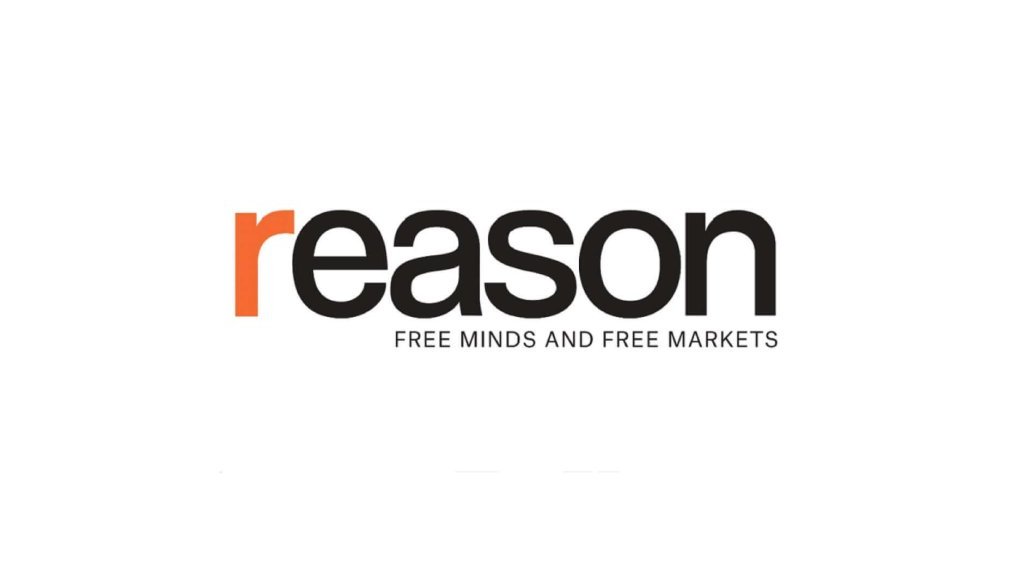Challengers Have Standing to Challenge Connecticut “Harassment” Ban for Lawyers
In Cerame v. Slack, decided today by the Second Circuit, Chief Judge Debra Ann Livingston, joined by Judges Walker and Sullivan, concluded that plaintiffs had standing to challenge Connecticut bar rule 8.4(7), which provides,
It is professional misconduct for a lawyer to … (7) Engage in conduct that the lawyer knows or reasonably should know is harassment or discrimination on the basis of race, color, ancestry, sex, pregnancy, religion, national origin, ethnicity, disability, status as a veteran, age, sexual orientation, gender identity, gender expression or marital status in conduct related to the practice of law. This paragraph does not limit the ability of a lawyer to accept, decline or withdraw from a representation, or to provide advice, assistance or advocacy consistent with these Rules.
The court elaborated on the scope of the ban:
Commentary to Rule 8.4 defines discrimination to “include[ ] harmful verbal or physical conduct directed at an individual or individuals that manifests bias or prejudice on the basis of one or more of the protected categories.” Harassment is defined to “include[ ] severe or pervasive derogatory or demeaning verbal or physical conduct.”
In addition, while previous Commentary to Rule 8.4 specified that attorneys were subject to discipline for misconduct “in the course of representing a client,” the current Commentary to Rule 8.4 broadly defines “conduct related to the practice of law,” as used in Rule 8.4(7)’s text, as follows:
Conduct related to the practice of law includes representing clients; interacting with witnesses, coworkers, court personnel, lawyers and others while engaged in the practice of law; operating or managing a law firm or law practice; and participating in bar association, business or professional activities or events in connection with the practice of law.
The complaint alleges that “Rule 8.4(7)’s new focus on events unrelated to client representation is a major purpose of the amendment.” {The allegation references testimony by the CBA’s president before the Rules Committee regarding a CBA survey which showed members of Connecticut’s bar complaining of allegedly harassing conduct by attorneys at “professional events, e.g., bar association events, CLE, professional networking.”}
Finally, sanctions are not limited to those attorneys who “knowingly” engage in the prohibited verbal or physical conduct but extend to those attorneys who “reasonably should know” that their conduct is prohibited. The Commentary provides, however, that “[a] lawyer’s conduct does not violate paragraph (7) when the conduct in question is protected under the first amendment to the United States Constitution or article first, § 4 of the Connecticut constitution.”
The court then concluded that the lawyers had adequately alleged that the law chilled their potentially constitutionally protected speech (“Appellants” refers here to the lawyers challenging the law, and “Appellees” to the state-bar-related defendants):
First, Appellants’ desire to engage in speech on controversial issues in legal blogs and articles, at CLE events, and in press releases, public speeches, and other contexts clearly involves a course of conduct affected with a First Amendment interest…. Appellants’ complaint adequately alleges that Cerame and Moynahan would seek, but for Rule 8.4(7), to engage in speech of the sort that Paragraph 58 describes.
{Moynahan and Cerame …. allege in Paragraph 58 of the complaint that “[t]here are numerous examples of speech” fully protected by the First Amendment that members of the Connecticut bar will be reluctant to engage in, given the fear of a misconduct c
Article from Reason.com

The Reason Magazine website is a go-to destination for libertarians seeking cogent analysis, investigative reporting, and thought-provoking commentary. Championing the principles of individual freedom, limited government, and free markets, the site offers a diverse range of articles, videos, and podcasts that challenge conventional wisdom and advocate for libertarian solutions. Whether you’re interested in politics, culture, or technology, Reason provides a unique lens that prioritizes liberty and rational discourse. It’s an essential resource for those who value critical thinking and nuanced debate in the pursuit of a freer society.




